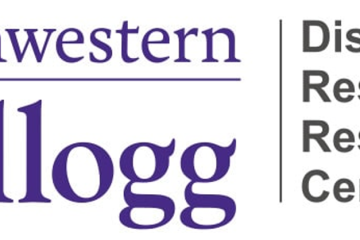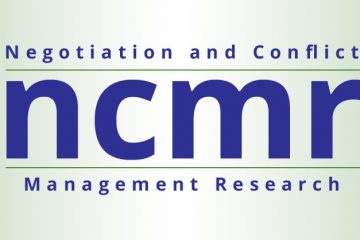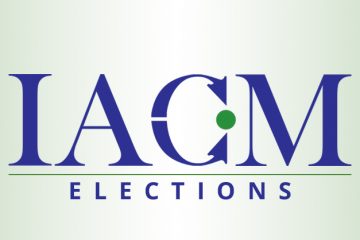IACM VSS: Who is Best at Mediating a Social Conflict? Comparing Robots, Screens and Humans

IACM Virtual Seminar Speaker: A Monthly Series on Conflict and Negotiation Research
Who is Best at Mediating a Social Conflict?
Comparing Robots, Screens and Humans
Click Here to Register for the Session
Speaker: Professor Daniel Druckman, Schar School of Policy and Government, George Mason University
Moderator: Michel Mann, Leuphana University
Using “Schedule 1”
45 minutes
Monday January 17 Tuesday January 18
9 AM US Pacific 1 AM Singapore
12 PM US Eastern 4 AM Melbourne
6 PM Amsterdam
Authors: Daniel Druckman, Lin Adrian, Malene Flensborg Damholdt, Michael Filzmoser, Sabine T. Koszegi, Johanna Seibt, Christina Vestergaard
Abstract: The impacts of various mediation platforms on negotiation outcomes and perceptions are compared in this article. The mediator platforms contrasted were a (teleoperated) Telenoid robot, a human, and a computer screen. All of these platforms used the same script for process diagnosis, analysis, and advice on how to resolve an impasse in a simulated high-tech company de-merger negotiation. A fourth experimental condition consisted of a no-mediation control. More agreements and more integrative agreements were attained by the robotic platform than by the other types of mediator platforms and the control. Mediation via the Telenoid robot also produced more non-structured agreements, which consisted of decisions made outside of the scenario options. Negotiators in this condition had more positive perceptions of the mediation experience, were more satisfied with the outcome, and thought that the mediator’s advice was more useful. Indirect analyses showed that the outcomes mediated the effects of the conditions on perceived satisfaction. Implications of the findings are discussed in terms of responses to novelty, which include creative and divergent modes of thinking.
Bio: Dan Druckman is well known to IACM members. He served as IACM president in 2011-12 (Istanbul meeting) and chaired the Advisory Council for a decade. He received the Lifetime Achievement Award in 2003 (Melbourne) and the Rubin Award in 2018 (Philadelphia). In addition he received two best book awards (at the Montreal and Capetown meetings) and a best article award (at the Melbourne meeting). He led the robot mediation team that produced the research reported in this seminar. He currently divides his time between Washington DC and Brisbane, Australia.


